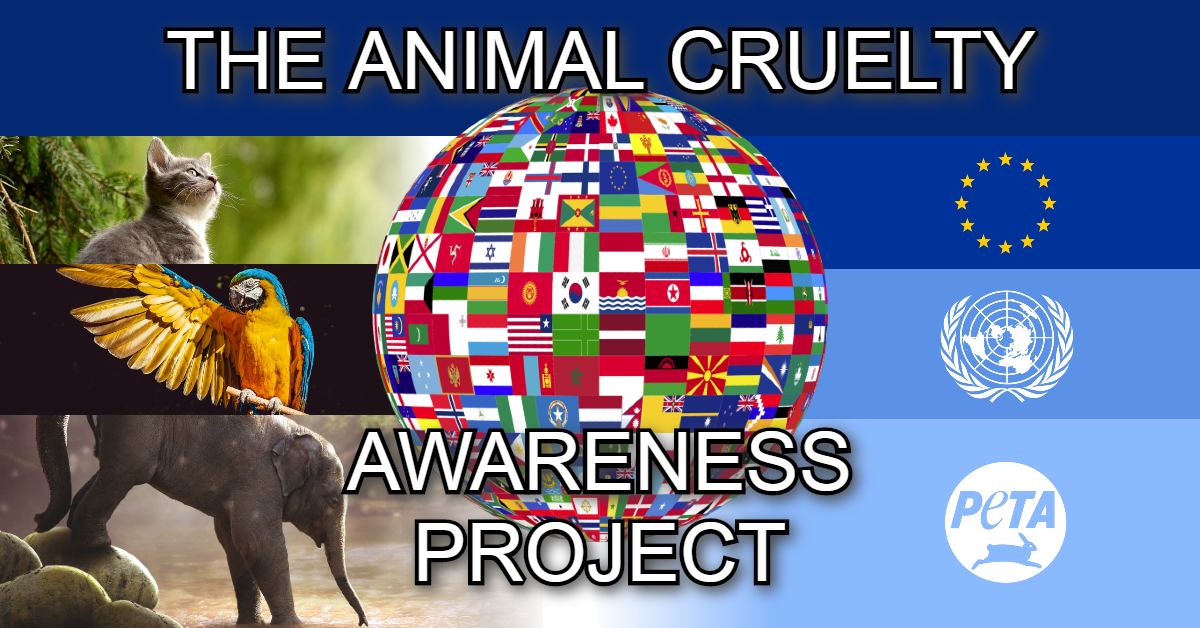As the global society progresses towards greater awareness of ethical considerations and human rights, the question of whether animal cruelty should be illegal in all countries becomes more pressing than ever. Despite varying cultural norms and economic conditions, the maltreatment of animals transcends national boundaries and invokes a universal moral obligation. To thoroughly analyze this issue, it is imperative to explore the implications of animal cruelty, examine current laws worldwide, and contemplate the necessity of a unified legal framework protecting animal rights.
Animal cruelty manifests in myriad forms across the globe, ranging from overt violence and neglect to systemic exploitation within industries that utilize animals. In many regions, practices such as factory farming, puppy mills, and extensive use of animals in entertainment remain unregulated or inadequately addressed. The emerging consensus among scientists, ethicists, and the general populace underscores that animals are sentient beings capable of experiencing pain and suffering. This recognition compels us to advocate for their protection and rights on a foundational ethical level.
One might wonder why animal cruelty incites such a profound emotional response in individuals from disparate backgrounds. The fascination with this subject often stems from a combination of empathy and the innate human instinct to protect the vulnerable. When witnessing acts of cruelty, many are driven by a visceral reaction; the sight of an injured animal evokes feelings of compassion and indignation. Therein lies the crux of the argument for making animal cruelty illegal globally: if society acknowledges the inherent value of these beings, it must also recognize the need for protective legislation.
Currently, the laws concerning animal welfare vary dramatically from one country to another. In some progressive nations, stringent animal welfare laws are rigorously enforced, while in others, regulations might be altogether absent. For instance, the European Union has established comprehensive directives aimed at safeguarding animal rights; conversely, countries with less developed legal systems may afford minimal, if any, protections to animals. This disparity leads to a philosophical dilemma: should nations with robust animal protection laws impose their standards upon others, promoting a more uniform approach to animal rights globally?
The notion of imposing one nation’s values upon another raises legitimate concerns regarding cultural imperialism. While it is crucial to respect national sovereignty and cultural practices, it is equally essential to delineate clear boundaries when it comes to ethical treatment of living beings. Cultures capable of modern governance and societal advancement bear a responsibility to foster humane treatment of all creatures. The moral imperative to end cruelty may necessitate that countries without effective animal welfare legislation face international pressures to reform.
Moreover, a global perspective on animal cruelty underscores the interconnectedness of our world. Issues such as climate change, zoonotic diseases, and biodiversity loss correlate directly with the treatment of animals. Inhumane farming practices, for example, contribute significantly to environmental degradation, while the exploitation of wildlife can facilitate the emergence of infectious diseases that threaten human health. Thus, enforcing strict animal welfare laws worldwide is not merely an ethical obligation; it is a prudent public health strategy that benefits humanity at large.
In addition to the ethical and health-related arguments, one must consider the economic implications of animal cruelty. The global economy thrives on industries reliant on animal products, from agriculture to pharmaceuticals. Consequently, public perception and consumer behavior are shifting towards more humane and sustainable practices. Companies that prioritize animal welfare often see enhanced brand loyalty and consumer support, demonstrating that ethical treatment of animals can coalesce with economic benefits. Hence, establishing stricter laws against animal cruelty could stimulate innovation and growth in sustainable markets.
As the discourse around animal rights continues to evolve, the role of education cannot be overstated. Societal change begins with awareness and understanding. Comprehensive education about the emotional and cognitive capacities of animals can foster empathy and drive advocacy for protective laws. School curricula that include animal welfare education can produce a generation that values compassion and recognizes the ethical imperative to protect the vulnerable. In countries where animal rights are presently overlooked, initiating educational programs can instigate meaningful reform in societal attitudes toward animals.
In conclusion, the question of whether animal cruelty should be illegal in all countries arises from a deeply rooted moral imperative that transcends cultural boundaries. Acknowledging the sentience of animals compels us to advocate for their protection through effective legal frameworks globally. While acknowledging the complexities of cultural differences, it becomes increasingly evident that universal standards for the humane treatment of animals are not only justified but necessary. As awareness grows and empathy evolves, society must strive toward a world where cruelty is unthinkable—where every creature is afforded dignity and respect. The time has come to unite on this issue and to raise our collective voices against the horrors of animal cruelty, demanding change for a compassionate future.








